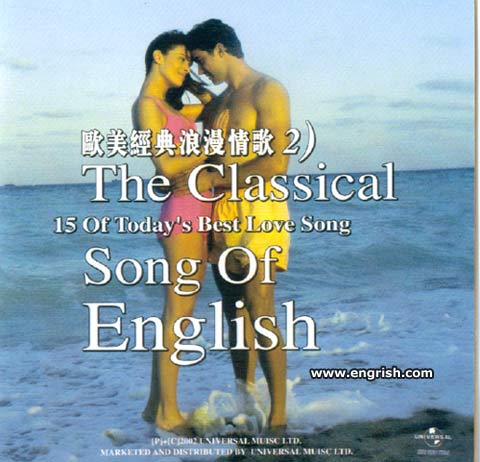One thing I have noticed in countries where English is not the native language, is a tendency to use English words and names in order to be "cool" or "cute" in a way which is sometimes jarring to a native speaker. It seems as if English is cool, and people seem to just pick words out of dictionaries or employ word-for-word translations of the Babelfish type. I don't mean the well known things like menus which include "squid boiled in his own ink". I have seen a bar in Nice called "Charles Dicken's" and one in Norway called "Sherlock Holme's".
I wonder if the notice originally referred to is an example of “wasei eigo” (Japanese-made English).
There is a phenomenon called Engrish:

